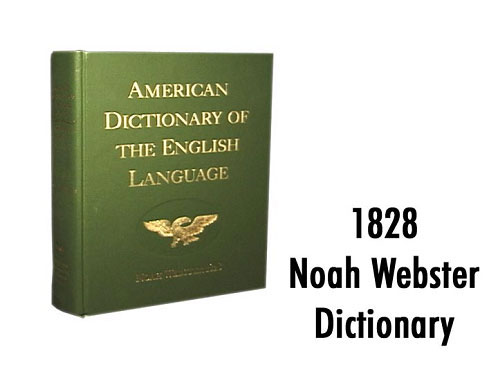I was delighted to be asked to be a guest blogger on ADRPages.com by Fey Ugokwe, J.D., Founder and Editor in Chief. I have reprinted the blog here. These are some things to think about the new economy in the NEW YEAR.

http://adrpages.com/specialreports.php
SPECIAL REPORTS (GUESTBLOG):
Desperate Times, Creative Measuresby Mary Greenwood, Esq., ADR Author
http://howtonegotiatelikeapro.blogspot.com
www.marygreenwood.com
(edited by Fey Ugokwe, J.D., Founder/Editor-in-Chief ADRPages.com)
I recently received a very interesting e-mail from an online magazine that sells internet ad space.
Their e-mail had a 1-2-3-punch:
1. Check our current ad rates;
2. Tell us what you are willing to pay; and,
3. (As regards #2) We will quickly tell you ‘yes’ or ‘no’.
Their e-mail went on to say that:
a. The online magazine had never "resorted" to this technique before, but that these were "extraordinary" times;
b. One still needs advertising to sell, and that advertising is the online magazine’s sole source of revenue;
c. The online magazine wanted both the advertiser and itself to still be here when the economy improves;
d. If the online magazine and the advertiser could agree on a price, the advertiser could be offered an extended time to pay; and,
e. Even if the advertiser did not opt to buy an ad, they were welcome to call the online magazine and state how they were coping (in this economy).
Since I had written two award-winning books on Negotiation and Mediation, this "make me an offer" approach intrigued me. I made an offer, and subsequent to negotiation, we agreed upon a price--and my internet ad will be published.
What have you just learned about Sales Negotiations in this new economy? 1. We Are All In This Together.We all indeed want to be in business when this economic downturn is over—and we now know that many familiar brand names will not be. Who would have thought that we would be saying something like this a year ago?
2. Desperate Times Call For Creative Measures.You must not be desperate in these challenging economic times. You can't give in. You must really be creative and engage your customers. You must let them know that you will work with them and perhaps something can be worked out.
3. Make An Offer.If you make an offer at the beginning of a negotiation, the worst thing that can happen is that the other side will say "no." On the other hand, the offer might be accepted. My situation with the aforementioned online magazine was a win-win: The online magazine now has a new customer--and, if that internet ad does well, I may post another one. Additionally, if we do all survive this economy, I probably will be amenable to paying full price for one of their internet ads, at a later time.
4. Work Out Payment Arrangements.Some say that in this economy, payments can be extended. Others say “layaway” is the new credit card. Alternatively, more and more people are resorting to bartering as a form of working out payments, either informally, or via various more formal transaction web sites. As regards the latter, remember those stories about doctors getting paid with e.g., vegetables, during the Depression? Maybe there is indeed something that the other person can provide to pay, for what you are selling.
5. Keep In Touch With Customers.I was struck that the online magazine asked the customer to call just to see how they were doing!
You must indeed let your customers know that you care about them--even if they are not currently doing business with you.
Happy Business Resolutions in the New Year!
Mary Greenwood, Mediator, Attorney and Author of
How To Negotiate LIke A Pro: 41 Rules for Resolving Disputes, Winner of six book awards
Best How To Book, DIY Festival
Runner Up, New York Book Festival, E-Book and Self-Help Category
Finalist ForeWord Magazine Book of the Year Awards
Finalist, Best National Book Awards, Self-Help Category
Honorable Mention, London Book Festival
How To Mediate Like A Pro: 42 Rules for Mediating Disputes
Winner of five book awards
Best National Book AWard, Law Category
Best E-Book, New York Book Festival
Best How To Book, Beach Book Festival
Best E-Book, Indie Excellence Awards
Spirit AWard, South Florida Writers Association
Email: howtonegotiate@aol.com
www.marygreenwood.com
 Happy New Year!
Happy New Year!
 Now I have three Gages (Gage is my son's and grandson Jack's middle name, too.)
Now I have three Gages (Gage is my son's and grandson Jack's middle name, too.)



















































